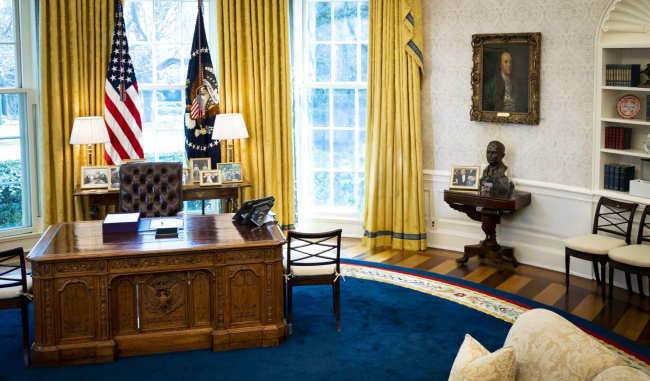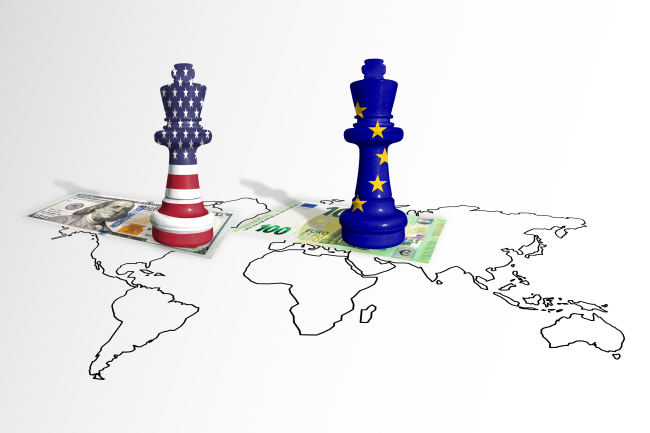Obama's Second Term: The Process of Building Global Leadership

The second term of Barack Obama’s presidency has introduced new Foreign Policy leadership that suggests changes for the future. The White House will likely centralize foreign policy making and the Treasury Department may play a bigger role in the country’s global engagement. Despite new policy direction, no framework for the strategic renewal of U.S. global leadership has emerged.
As of early June 2013, U.S. President Barack Obama’s second term foreign policy team is taking shape. At the highest levels, this new team is what might have been expected in Obama’s first term, but for the bold and somewhat unexpected pick of Hillary Clinton (who then brought many of her own people with her) as Secretary of State in January 2009. At the White House and in his cabinet, Obama is now surrounded by his closest advisors from the 2008 election campaign. In contrast, within Secretary John Kerry’s State Department, a number of career diplomats not linked personally or politically to either the president or the secretary of state have been nominated for positions at the assistant secretary level. While “reading the tea leaves” of personnel appointments can be at times misleading, these appointments do offer some insight into the personalities and direction of Obama’s second-term foreign policy.
The new team Obama is assembling suggests two significant structural shifts and three important substantive directions for the United States’ foreign policy over the remaining three and a half years of his presidency and, perhaps, for U.S. global leadership going forward. Structurally, foreign policymaking under this new team is likely to move significantly from the State Department to the White House, with the former playing a much-diminished role in the second term. Second, the personalities suggest a new relationship between the Secretary of State and the new national security advisor, Susan Rice, one that may at times lead to public disagreement.
Download the full analysis
This page contains only a summary of our work. If you would like to have access to all the information from our research on the subject, you can download the full version in PDF format.
Obama's Second Term: The Process of Building Global Leadership
Related centers and programs
Discover our other research centers and programsFind out more
Discover all our analysesDonald Trump v. the States: the Case of New York
While the disruptive policies of the second Trump administration are being implemented at the federal level and on the international stage, they are also being felt in the federal states and major cities across the country. In the spring of 2025, several cases involving the state and city of New York demonstrate that the president’s attacks on environmental protection, the separation of powers, freedom of speech, etc., are also being carried out at the local level.
How the US under Trump Became a Strategic and Ideological Adversary of Europe
The Europeans' worst security nightmare seems to be coming true: on Tuesday, February 18, 2025, U.S. Secretary of State Marco Rubio and Russian Foreign Minister Sergey Lavrov met in Saudi Arabia to initiate the normalization of relations between their two countries. The meeting also aimed to set up peace negotiations for Ukraine. However, despite having the potential to affect the entire continent, the discussions took place without the Europeans or the Ukrainians being present.
Will Trumpian Authoritarianism Lead to a Constitutional Crisis?
Since his return to the White House on January 20, 2025, President Donald Trump has signed around sixty executive orders to implement his political agenda. Numerous other measures have also been introduced by the White House and the new Department of Government Efficiency (DOGE) as part of these orders.
Trump’s Second Term: Laying the Groundwork for a New Trade War
In a statement released on February 1, 2025, President Trump announced the implementation of a 10% tariff on Chinese goods and a 25% tariff on imports from Canada and Mexico. While the former took effect via executive order on February 4, the latter were granted a 30-day reprieve. Sanctions targeting European Union (EU) products are said to be imminent.









